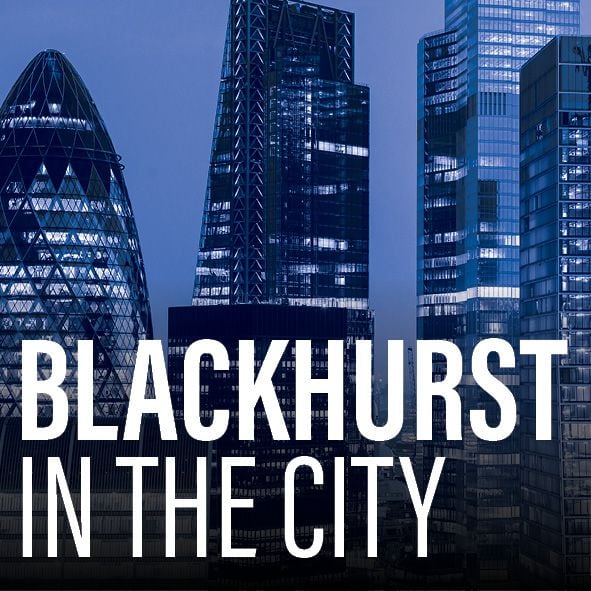
The UK government is very proud of the new, state-of-the-art, inspection buildings at Dover and Folkestone, or as they describe them, “world-class border facilities”.
That seems like something for the UK to bask in, yet another example of the country leading the rest of the world. However, the premises, designed to complete biosecurity checks on food and other organic products coming in from the EU, are required only because of the decision to leave the bloc.
Without the vote to exit the EU, there would be free movement of goods, including these items. Post-Brexit, the latter must be found and either confiscated or paid for.
Small imports from the EU of deli-counter foods such as fish, salami, sausages, cheese and yoghurt will be subject to fees of up to £145 from this week. Also covered under the plans are plants and seeds.
As a result, food imports to the UK are about to get more expensive and complicated as the British government implements the Brexit deal.
A glimpse inside another of the complexes where checks will be carried out, at the London Gateway port in Essex, showed the process can boil down to a single box of potatoes undergoing inspection by hand with notes left for further close looks.

For the bigger importers, the charges are higher. John Davidson, co-owner of flower company Tom Brown Wholesale, said he expected the checks to cost his business between £200,000 and £225,000 ($250,460 and $281,765) per year.
Industry body the Cold Chain Federation said the costs were bound to affect prices. They would have to be passed on to “either the EU importer, the smaller UK retailer, or the UK consumer”.
Business battered

So, small businesses which have suffered greatly in the past few years – what with Covid, the rising cost of living, supply chain issues, not to mention the sheer difficulty of running your own business – are being clobbered yet again. Not only them. Also made to suffer will be their customers who will be expected to absorb some of the new fees.
But what are those charges really for? The government’s explanation is that they are to pay for the checking centres. But they’re only required because of Brexit. So, it’s a Brexit burden, pure and simple.
The job of making the checks went to French firm Sodexo, which beat the British contender, Wincanton, for the contract.
Wincanton held the existing £71 million warehousing order from HM Inland Revenue & Customs but lost out to Sodexo for the order for the additional work. Listed in London, Wincanton saw more than £100 million wiped off its shares when the ramifications of the loss sank in.
Wincanton adopted a stiff upper lip, saying it was “extremely disappointed” not to have been awarded the Brexit brief. Sodexo is best known as a contract caterer, second in Europe only behind Compass.
However, Sodexo is a large organisation, with a market capitalisation of £12 billion, versus Wincanton’s £750 million. The French corporation is branching out into all services, hence the pitch to HMRC.
European giants

The British loser, it’s acknowledged, had done nothing wrong in the fulfilment of the existing contract. Indeed, it had hit targets ahead of time. But the border-checking operation demands a “wider array of services”. It was felt by HMRC that Sodexo was better suited to taking on this extra activity.
Given Sodexo has limited experience in this area, it is more likely that the British firm was undercut on price by a much bigger international operator.
It’s reminiscent of what occurred with the contract to make the post-Brexit UK passports. Instead of going to the British supplier of the old passports, De La Rue, the mandate went to the Franco-Dutch firm, Gemalto.
We were told that Brexit would not be like this. One of the reasons for departing the EU was to be able to favour British companies and to award public contracts to domestic suppliers.
However, an administration that is financially hard-pressed is not able to turn away lower offers from overseas. Assuming the quality is similar, price will be the deciding factor.
Queues and delays

Seven years after the vote, the reality of Brexit is kicking in. Small businesses, already faced with delays, must pay more for their food and other organic supplies from the EU.
This month marks the start of the holiday season as Britons jet away for some Mediterranean sun. This year they will be required to line up in the second lane at Arrivals and have their fingerprints cross-checked.
The domestic and EU passport holders will be sailing through as the British contingent shuffles along. They will still be there after everyone else has left.
The one consolation is that the architects of Brexit will be made to wait as well. Presumably, they will exercise their usual denial and put on a brave face, maintaining the wait is a discomfort worth enduring. It does not feel like that, however – not when there are still no discernible gains elsewhere from exiting.
How they explain away the charges for the inspections at Dover and Folkestone remains to be seen. They’re to pay for the “world-class border facilities”. But aren’t those complexes only needed because of Brexit? Do not go there. Stick to the script.
I want to say you can’t make it up. Sadly, for Britain’s small businesses, consumers and travellers, the downside of Brexit is all too real.











